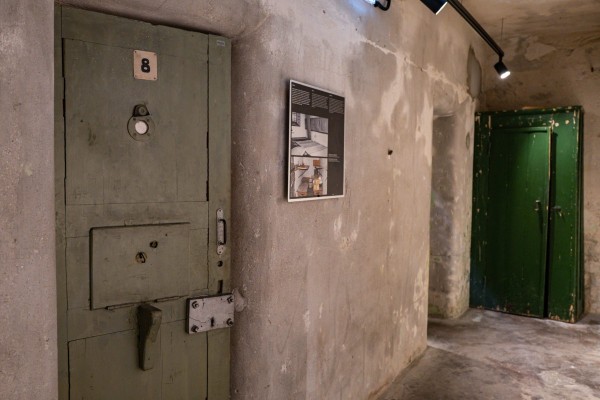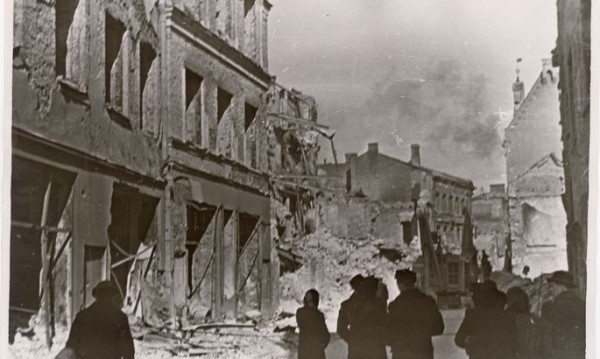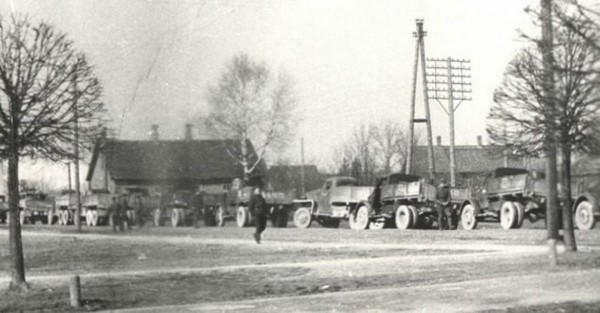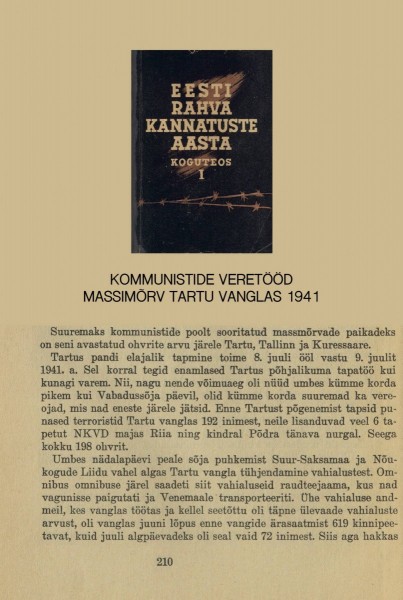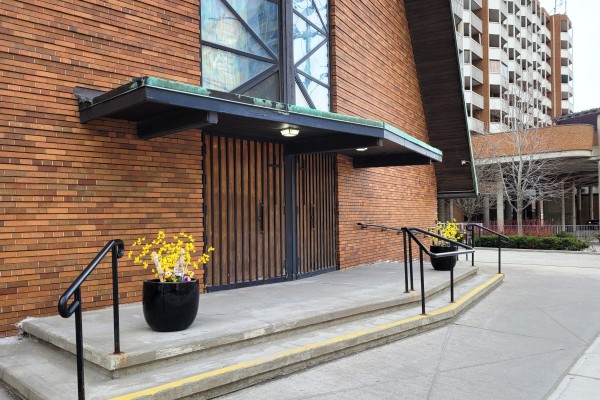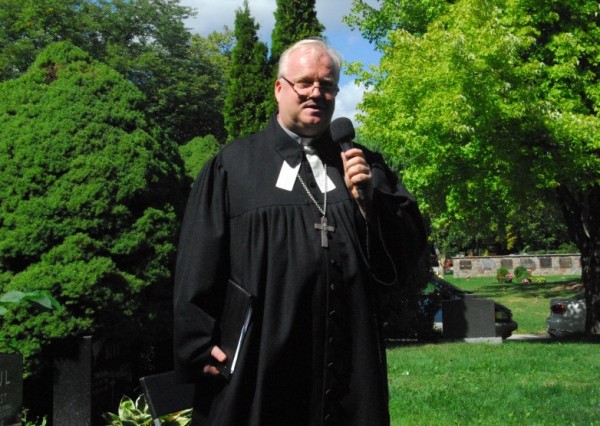Laas Leivat
Throughout Vladimir Putin’s leadership, the FSB (successor to the KGB) has been his most popular source of appointments to high-level government positions and lucrative state-owned concerns. It is universally known that the Lubyanka, the FSB’s headquarters, is the historically infamous location in which Stalin’s victims were detained in inhuman conditions, tortured and shot. The building’s brutal legacy is of no concern to the modern-day FSB.
Pervasively the ghost of Stalin still lingers in Russia today. In 2008 a national survey conducted via an online TV vote to determine the country’s most favourite and revered national figure. The TV poll, ‘The Name of Russia’, reduced the list of 500 nominees down to twelve. During the vote the TV producers were alarmed that Stalin was a leader in the poll and urged the viewers to vote for someone else. Final results put Stalin in third place behind a medieval warrior in first and a Tsarist prime minister second. But all were convinced that Stalin in reality placed first. A 2013 poll indicated that respondents placed the neo-Stalinist Leonid Brezhnev first as the ‘best head of state in the past century’. Vladimir Lenin placed second and Joseph Stalin third. Two thirds of the respondents gave negative evaluations to the two leaders who promoted authentic de-Stalinization, Mikhail Gorbachev and Boris Yeltsin.
Russian academics have several different explanations for this. Professor Valery Solovei states that, “No one would want to live in Stalin’s era, but he personifies what is now in shortage: justice and equality in fear.” Political analyst Sergey Chernyakhovsky explains that Gorbachev and Yeltsin’s rule is identified with “defeats” with no material prosperity. “Freedom brings uncertainty, while people prefer certainty and clear perspectives. … Rights and freedoms are too abstract. … First of all people appreciate the right to social guarantees and labour” (which Stalin and Brezhnev seemingly provided). (Loe edasi Eesti Elu 20.septembri paberlehest või

Stalinization, de-Stalinization, what’s it to be? (IX) (2)
Viimased kommentaarid
Kommentaarid on kirjutatud EWR lugejate poolt. Nende sisu ei pruugi ühtida EWR toimetuse seisukohtadega.
I thought that you were going to leave us in peace?
http://www.whale.to/b/stalin_h...
Stalin's British Training
http://one-evil.org/people/peo...
http://www.jrbooksonline.com/I...
Stalin's British Training
http://one-evil.org/people/peo...
http://www.jrbooksonline.com/I...
Ajalugu
TRENDING






